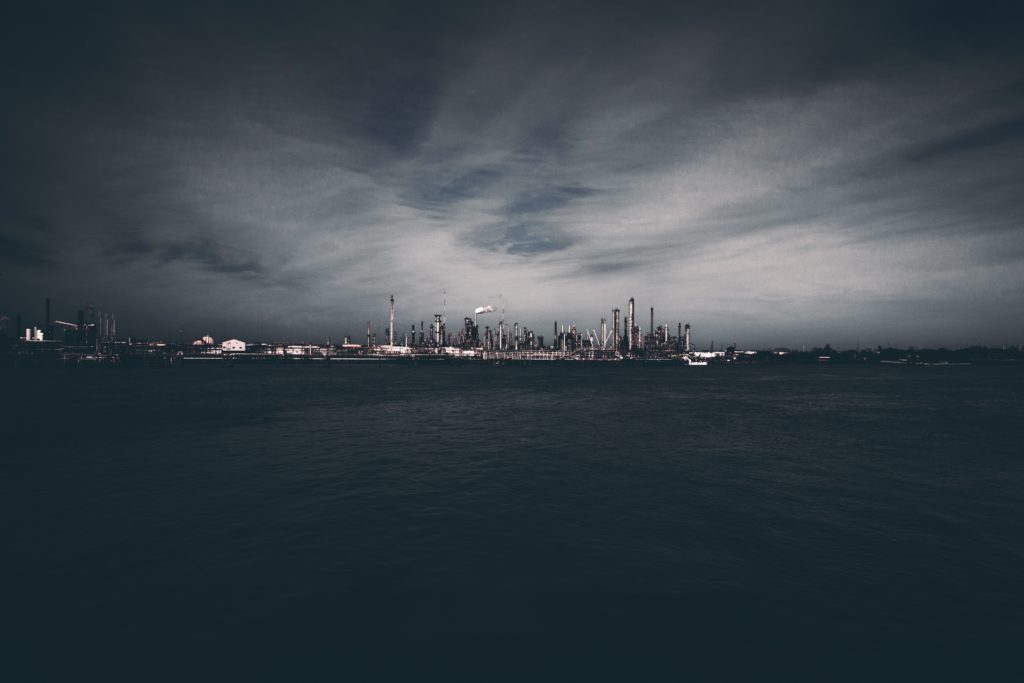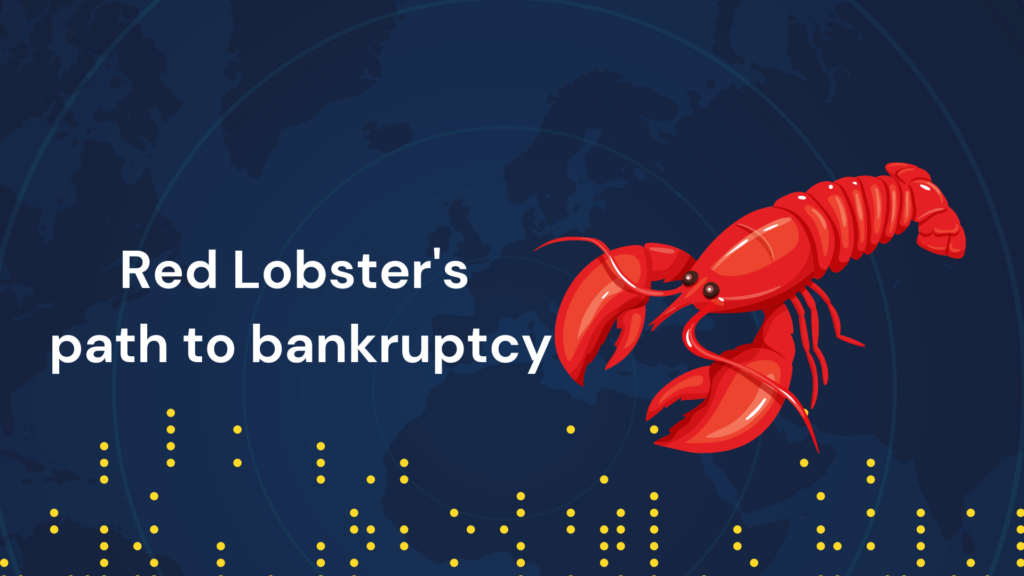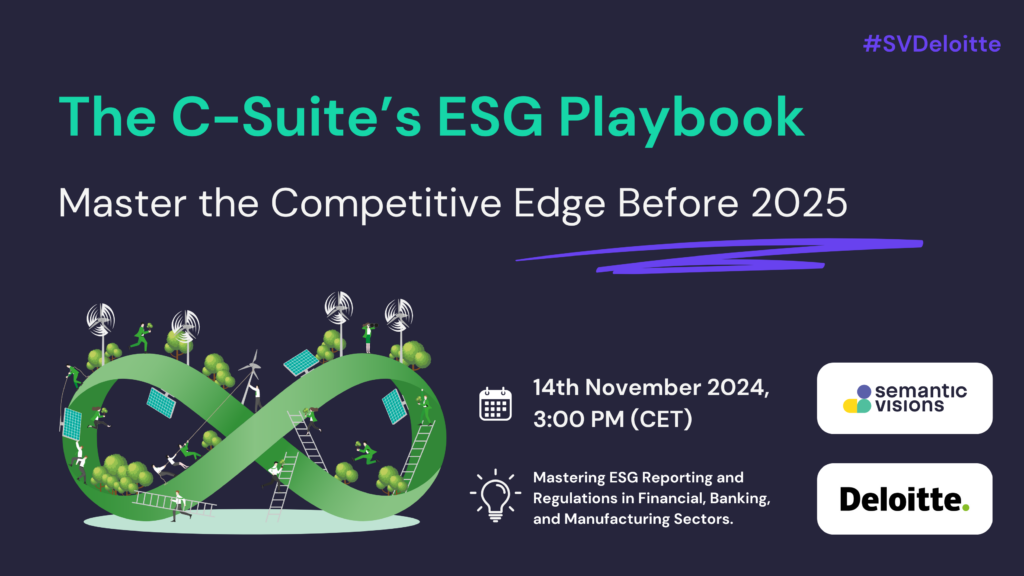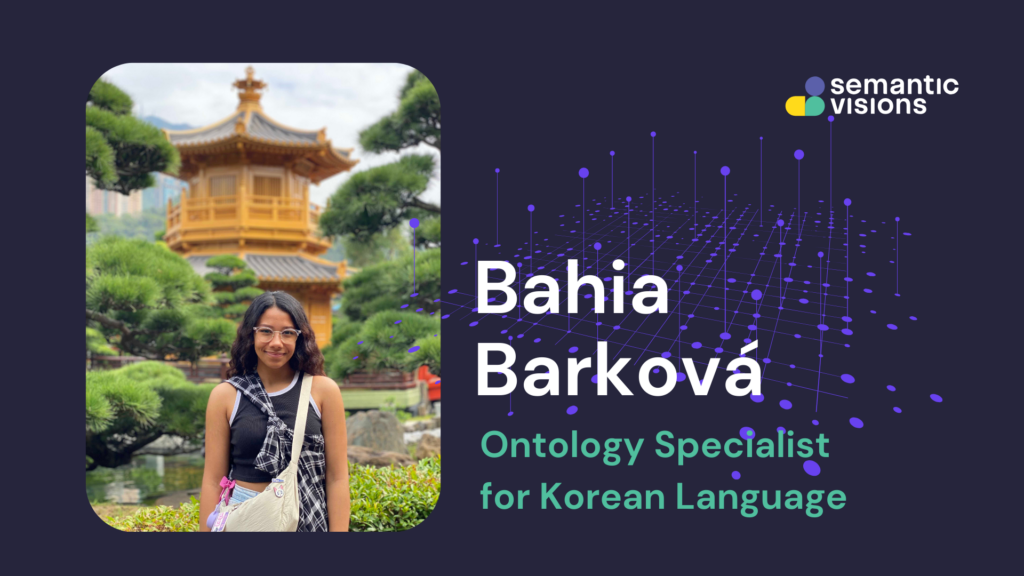4 min read
Navigating Change: Analyzing the Evolution of LNG Supplies and Terminals in the Lubmin harbor

In February 2023, Semantic Visions conducted a comprehensive media coverage analysis of LNG supplies to Europe, with a focus on the Lubmin harbor (Nord Stream 1 and Nord Stream 2 terminals). Our analysis rightly identified the risks posed by opposition from environmental organizations, represented by the Deutsche Umwelthilfe e.V. (a.k.a. DUH, a non-profit environmental and consumer protection association), as well as protests from local municipalities and non-governmental organizations. Over time, the situation eventually resulted in the German government’s (the Federal Network Agency) change of plans: the planned LNG supply terminals are to be relocated, and also the planned capacity of FSRU (Floating Storage Regasification Unit) is under discussion too (1). The situation is still evolving. Discover more below:
Despite facing environmental challenges and facing the European gas supply shortage, the privately operated Lubmin LNG terminal successfully became operational in record time, supplying the gas network in January 2023 (2). Germany’s ambitious plan to build a peak LNG import capacity of 70.7 million tons per year by 2030 further included plans for additional FSRUs to increase total supply capacity. With the Lubmin terminal planned regasification capacity of up to 5.2 bn m³ of natural gas p.a., other FSRU’ s were planned to increase the total supply capacity, completing the operation by laying pipelines on the seabed to feed the existing gas network in Lubmin (NS 1) (3).
However, the project faced formidable environmental risks and resistance. Following an objection by DUH, there was a demand for an immediate halt to the construction of the planned Baltic Sea LNG terminal (4). Subsequently, in response to strong opposition on Rügen, the German government decided to abandon its initial plans to construct a new LNG terminal five kilometers off the coast . As a result, the Federal Ministry of Economics began evaluating alternative locations in the area (5). Finally, in July 2023, the Bundestag approved changes to the controversial law, known as the LNG Acceleration Act (LNGG), to expedite the construction of LNG terminals, all in a bid to enhance Europe’s largest fuel consumer’s energy security ahead of winter 2024 (6). The new law also mandates that fixed LNG terminals will need to demonstrate their capability to handle hydrogen or hydrogen derivatives (such as ammonia) by the end of 2043, even during the approval process.
Amidst these developments, the energy company RWE, contracted to operate another FSRU on behalf of the German government, announced its decision to withdraw its stake from the project (7). Consequently, the Lubmin LNG terminal will now operate under the name Energy Terminal Mukran “Deutsche Ostsee,” boasting an annual capacity of 10 billion cubic meters (8).
Throughout this dynamic process, Semantic Visions diligently monitored every facet of the project’s operational development. We meticulously tracked the necessary modifications to the port, the docking of the FSRU, boat traffic, and mapped the contracted business partners. Additionally, we closely observed the growing resistance and protests of the local population, along with the legislative processes in the Bundestag and regional representative bodies.
Our initial analysis of the Lubmin LNG project accurately identified potential risks, and recent events have only corroborated the operational threats that Semantic Visions adeptly identified and described.
As a committed partner to our clients, we remain steadfast in providing comprehensive and insightful analysis, ensuring that no detail is overlooked. Semantic Visions continues to support our clients in navigating complex projects, making informed decisions, and responding proactively to dynamic challenges.
- https://www.sueddeutsche.de/wirtschaft/gas-binz-petition-ruegener-lng-terminal-appell-der-umweltverbaende-dpa.urn-newsml-dpa-com-20090101-230405-99-220185?source=rss
- https://www.bundesregierung.de/breg-de/schwerpunkte/klimaschutz/lng-terminal-opened-2158080
- https://www.gisreportsonline.com/r/eu-lng/
- https://www.offshore-energy.biz/deutsche-umwelthilfe-files-objection-to-floating-lng-terminal-in-wilhelmshaven/
- https://www.sueddeutsche.de/wirtschaft/gas-binz-petition-ruegener-lng-terminal-appell-der-umweltverbaende-dpa.urn-newsml-dpa-com-20090101-230405-99-220185?source=rss
- https://www.upstreamonline.com/lng/german-lng-standoff-controversial-law-passes-in-face-of-strong-opposition/2-1-1483206
- https://lngprime.com/lng-terminals/germanys-rwe-says-it-is-not-involved-in-mukran-lng-plans/82172/
- https://tankterminals.com/news/deutsche-regas-to-launch-binding-open-season-for-mukran-lng-terminal-capacity/





